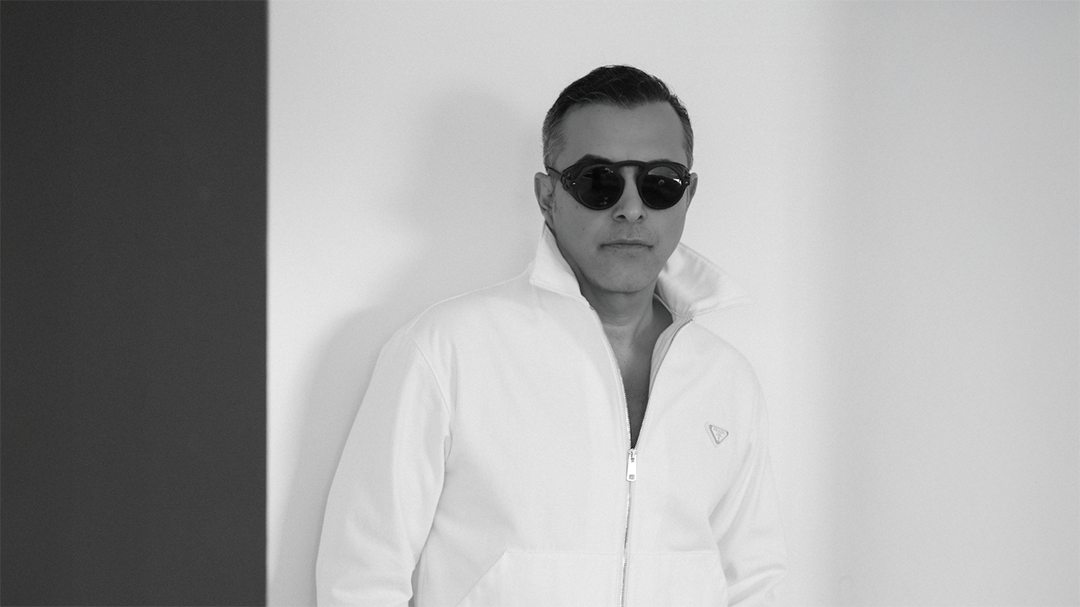The character moments in Avatar: The Last Airbender were astonishingly subtle, managing to craft entire volumes of complexity with just a few moments of screen time. Perhaps one of the most fascinating characters of all was Uncle Iroh, whose mysterious past as a Fire Nation General known as "The Dragon of the West" constantly loomed in the background of his good-natured and wise characterization.
But it may not be Iroh's military service or even the death of his son that stands out among the Firebender's most character-defining moments. Instead, a subtle moment from the Season 1 episode "The Storm" could explain everything the audience needs to know about the sage figure's motivations in The Last Airbender.
Though the Fire Nation Iroh hails from serves as The Last Airbender's main antagonistic force of the series -- and his own brother Fire Lord Ozai serves as the primary villain Aang must defeat to save the world -- Iroh's sage advice and cheery demeanor provide the earliest hints of a greater moral complexity to the franchise than viewers might expect. In the first half of Season 1, the audience sees Iroh prove a cooling balance to Prince Zuko's hot-headed pursuit of the Avatar while learning about Iroh's own lauded military history.
In "The Storm," Avatar delved into Zuko's backstory as Iroh recounted the tale of how the banished prince became banished in the first place. He recalls Zuko's attendance of a war room meeting over Fire Nation strategy, how Zuko spoke out against a proposed plan to sacrifice newly-recruited soldiers as a military tactic, and how this perceived insult led the Fire Lord to take personal offense and permanently scar Zuko in an Agni Kai for his honor. But the subtle detail is that Iroh chose to accompany Zuko in his banishment -- and he may have chosen to do so because he felt personally responsible for Zuko's tragedy.
Iroh's tale started just outside the war room, where Zuko attempted to pass the guards standing by the door. The guards bar Zuko's entrance, but Iroh gives the prince safe passage after Zuko convinces him that attending the meeting will help prepare the prince for his future as a Fire Lord. This means that if Iroh had put his foot down and not allowed Zuko to enter, then the series of events that led to Zuko's fateful Agni Kai with Ozai would never have occurred. In the timeline of Iroh's story, that is the last time the audience sees him before his departure alongside Zuko.
As The Last Airbender progresses, the moment gets overshadowed by others that stand out as more famous defining aspects of Iroh's character. The death of his son Lu Ten during Iroh's siege on Ba Sing Se stands out as a critical moment where Iroh retired from active military duty, and hints at a deeper reason for him taking a paternal role in Zuko's life. But what's notable is that "The Storm" shows how even Lu Ten's death did not cause Iroh to retire completely -- after all, he still attended the meeting in the war room. It was actually Zuko's duel that provided the flashpoint for Iroh to fully divorce himself from the Hundred Year War.
Iroh was not banished; he elected to accompany Zuko on his journey, and The Last Airbender proves subtle enough in addressing that plot point that the audience is left to wonder why. Seeing Zuko as a surrogate son would partly explain his decision, but if Iroh felt shame and personal guilt for bringing Zuko into the war room that would forever scar the young prince, that could easily be the rest of the explanation.
Such mysteries and flexibility for interpretation are the mark of a great character and series. Iroh and Avatar: The Last Airbender embody both. Whether they stoke viewers' emotions through a touching rendition of "Leaves From the Vine" or more subtly by including details to be caught on repeat watches, they stand out as some of the most effective emotional beats in television.
About The Author

